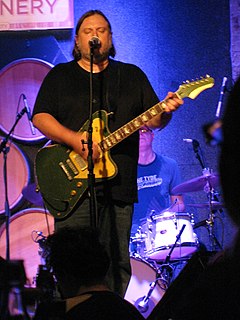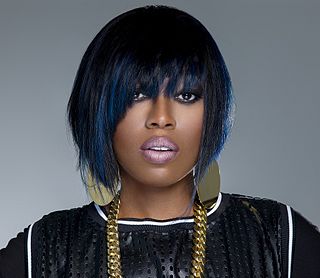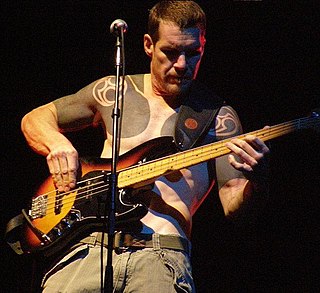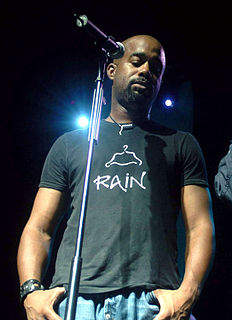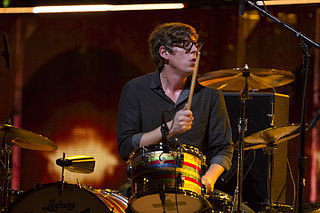A Quote by Matthew Sweet
When I did the record, I was coming off a time when my contract had been sold and the music industry had changed a lot. I didn't understand how to make records for big labels. I was waiting for a new kind of record label to emerge.
Related Quotes
When I first came to New York I was a dancer, and a French record label offered me a recording contract and I had to go to Paris to do it. So I went there and that's how I really got into the music business. But I didn't like what I was doing when I got there, so I left, and I never did a record there.
We drank quite a lot and Tony Harrington said, "We're thinking of starting a record label at The Wire; how about you do a solo record?" I said, "Well, how am I going to do that?" I thought about it, and I'd been working on a lot of music in the years before, and I was working as a journalist, full time, really, up until that point; in whatever little spare time I had, I was working on music. So I said yes.
A lot of people ask me, 'How did you have the courage to walk up to record labels when you were 12 or 13 and jump right into the music industry?' It's because I knew I could never feel the kind of rejection that I felt in middle school. Because in the music industry, if they're gonna say no to you, at least they're gonna be polite about it.
Early on, before rock 'n' roll, I listened to big band music - anything that came over the radio - and music played by bands in hotels that our parents could dance to. We had a big radio that looked like a jukebox, with a record player on the top. The radio/record player played 78rpm records. When we moved to that house, there was a record on there, with a red label. It was Bill Monroe, or maybe it was the Stanley Brothers. I'd never heard anything like that before. Ever. And it moved me away from all the conventional music that I was hearing.
In theory, when you're working with a record label, you're just borrowing their money. And that's basically how the record industry works, right? It's like, you borrow $100,000 from a record label, so you don't make any money until you make back that money for them. In theory, they have you held hostage, so you've got to do every little stupid thing that they want you to do.
I work at a record label where I have archives. These things [memorabilia] occurred and are important to somebody, and they're important to me. I find the record industry largely repellent. This music, the Teen Idles, all of that stuff, is important to me. I don't have lawyers, an agent or a manager. However I find the music industry largely repellent. I just make records because that's what I love to do. So I think that era, those pieces of media, I keep in my collection.
I love the way I make hip-hop and I refuse to make pop-rap. I don't refuse to make mainstream music, which is why I did a soul record. There was no reason why soul music couldn't get played on the radio and I still wanted to have a relationship with my record label. So, I really enjoyed doing the Strickland Banks album. But there's no point in my trying to release underground hip-hop music on a major label. That part of my talent, or part of my art, had to live somewhere else and feature film was the perfect vehicle for it.
It was three breakups going on at the same time. It was breaking up with my band, and my boyfriend, and right after that, my record label. I was arguing a lot with my record label during that whole time, so maybe they all affected each other. This record, Mondo Amore, came out of a time that was really heartbreaking and confusing, and that's why I switched the sound up a lot, to make it sound a little bit grittier and more raw.
It is true you can be successful without [college], but this is a hard world, a real world, and you want every advantage you can have. I would suggest to people to do all that you can. When I dropped out of school, I had worked in the music industry and had checks cut in my name from record labels and had a record deal on the table, and when I wasn’t successful and Columbia said, ’We’ll call you,’ I had to go back and work a telemarketing job, go back to the real world, and that’s how life is. Life is hard. Take advantage of your opportunities.
I was 21. At the time, I was under the thumb of my label, and I felt like I had to do, say and act out everything they asked me to do. I was trying to please them and the public and finally I had to say, "Enough. I'm going to make a record that makes me happy and addresses all facets of being a woman. I don't care if I sell one or one million records." That's how I came to make Stripped.
